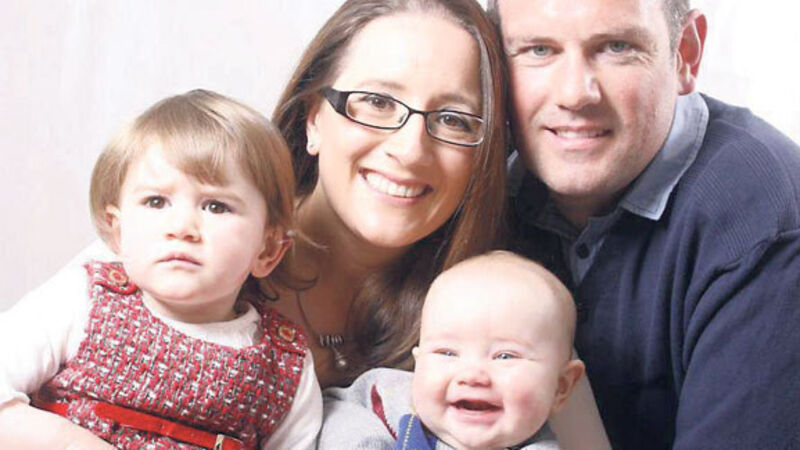GentleBirth aims to help women stay in control during labour

The Kildare woman used gas and air and the GentleBirth (GB) programme when her daughter Saoirse (2) was born.
“I have never been afraid of giving birth and wanted to have my first delivery at home but my husband, William, was too nervous,” she says. “I was anxious about a hospital birth as some have an active management of labour policy and I thought if I didn’t birth my baby as quickly as they saw appropriate, I may end up with unnecessary interventions. I didn’t want an epidural as I didn’t relish the idea and thought it would increase my chances of tearing.”











